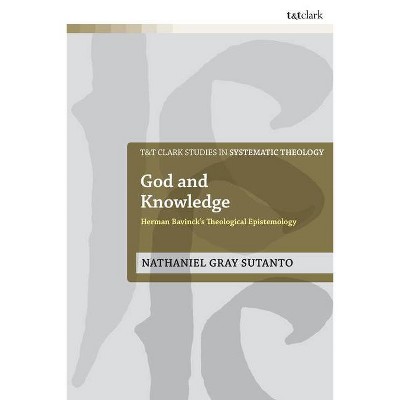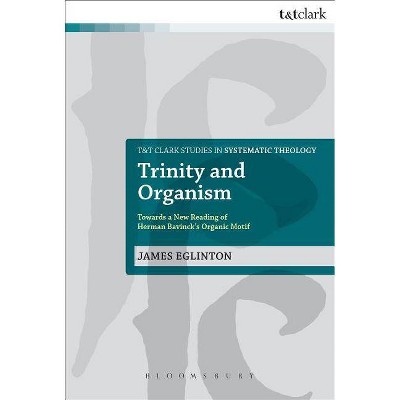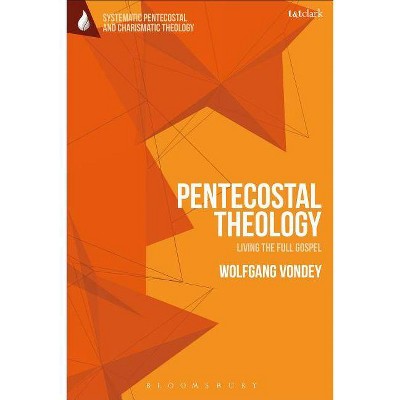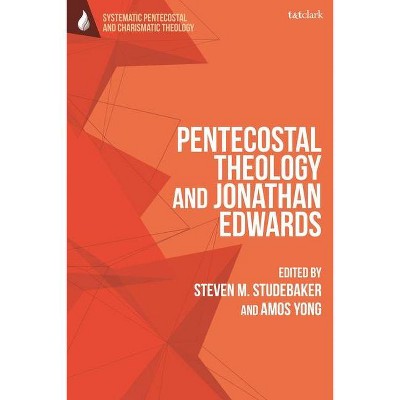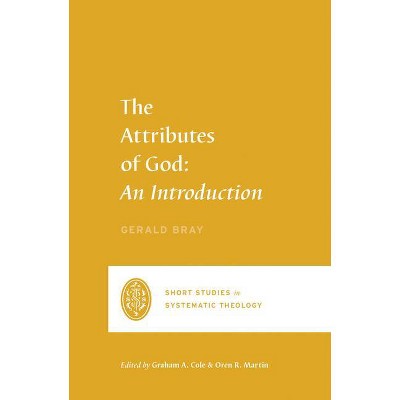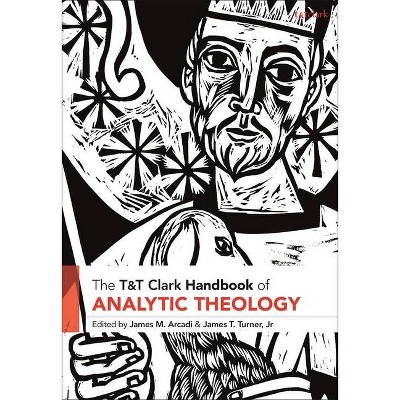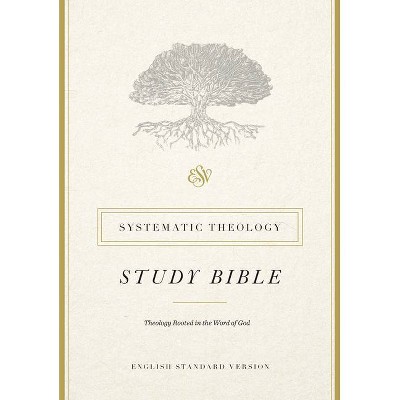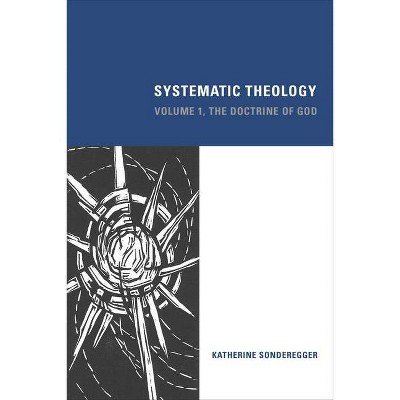God as Sacrificial Love - (T&t Clark Studies in Systematic Theology) by Asle Eikrem (Hardcover)
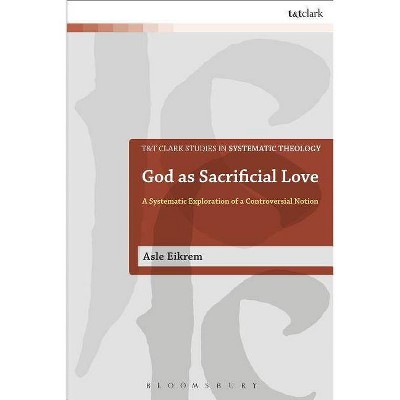
Similar Products
Products of same category from the store
AllProduct info
<p/><br></br><p><b> About the Book </b></p></br></br>In dialogue with a range of post-enlightenment critiques of Christian theologies regarding sacrificial love, Asle Eikrem presents an unconventional systematic approach to this multi-layered and complex theological topic. From Hegel to prominent 20th century theologians, from feminist theologies to postmodern philosophers, this volume engages in a critical conversation with a host of different voices on all the classical topics in theology (creation, trinity, incarnation, atonement, sin, faith, sacraments, and eschatology), also providing a moral and socio-historical vision for Christian living. The result is a unique appraisal of the significance that the life and death of Jesus holds for the world today.<p/><br></br><p><b> Book Synopsis </b></p></br></br>In dialogue with a range of post-enlightenment critiques of Christian theologies regarding sacrificial love, Asle Eikrem presents an unconventional systematic approach to this multi-layered and complex theological topic. From Hegel to prominent 20th century theologians, from feminist theologies to postmodern philosophers, this volume engages in a critical conversation with a host of different voices on all the classical topics in theology (creation, trinity, incarnation, atonement, sin, faith, sacraments, and eschatology), also providing a moral and socio-historical vision for Christian living. The result is a unique appraisal of the significance that the life and death of Jesus holds for the world today.<p/><br></br><p><b> Review Quotes </b></p></br></br><br>Asle Eikrem has provided the most comprehensive monograph on the sacrifical nature of God's love in recent years. Without ignoring the fruits of the past centuries, he concentrates on the modern and postmodern discussions on sacrifice, love and violence. Careful and thorough analyses of Anglophone and Continental treatments of sacrificece are combined with the outline of his own position: In a compelling way, he shows that also explicitly non-sacrificial theologies rely on the logic of sacrifice (a kind of [self-]giving that implies exclusion or destruction) as a necessary condition of finite human communicative existence, because finite communication can only lead to unity through difference.<br/>Markus Mühling, Leuphana University of Lüneburg, Germany<br><br>This book insightfully explores intersection points of philosophy and theology within the wider landscape of sacri cial discourse. Eikrem provides a sophisticated articulation of the concepts of sacri ce which rightly belong to Christian concepts of God and ideals of human ful llment, and a critical analysis of those concepts that emphatically do not. Scholarly readers will value this tightly argued study for its acute historical judgments, the breadth of its sources, and the ambition of its constructive systematic scope.<br/>S. Mark Heim, Yale Divinity School, USA<br><p/><br></br><p><b> About the Author </b></p></br></br><b>Asle Eikrem</b> is Associate Professor of Systematic Theology at MF Norwegian School of Theology, Norway.
Price History
Price Archive shows prices from various stores, lets you see history and find the cheapest. There is no actual sale on the website. For all support, inquiry and suggestion messagescommunication@pricearchive.us
